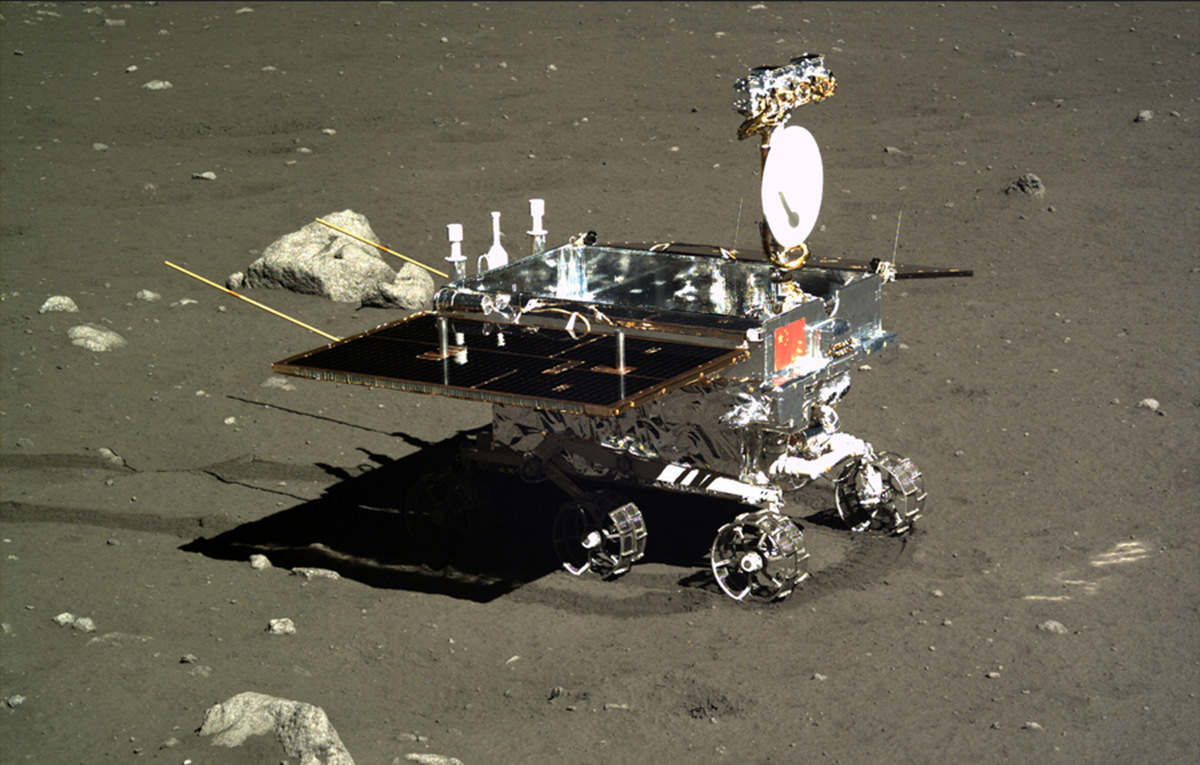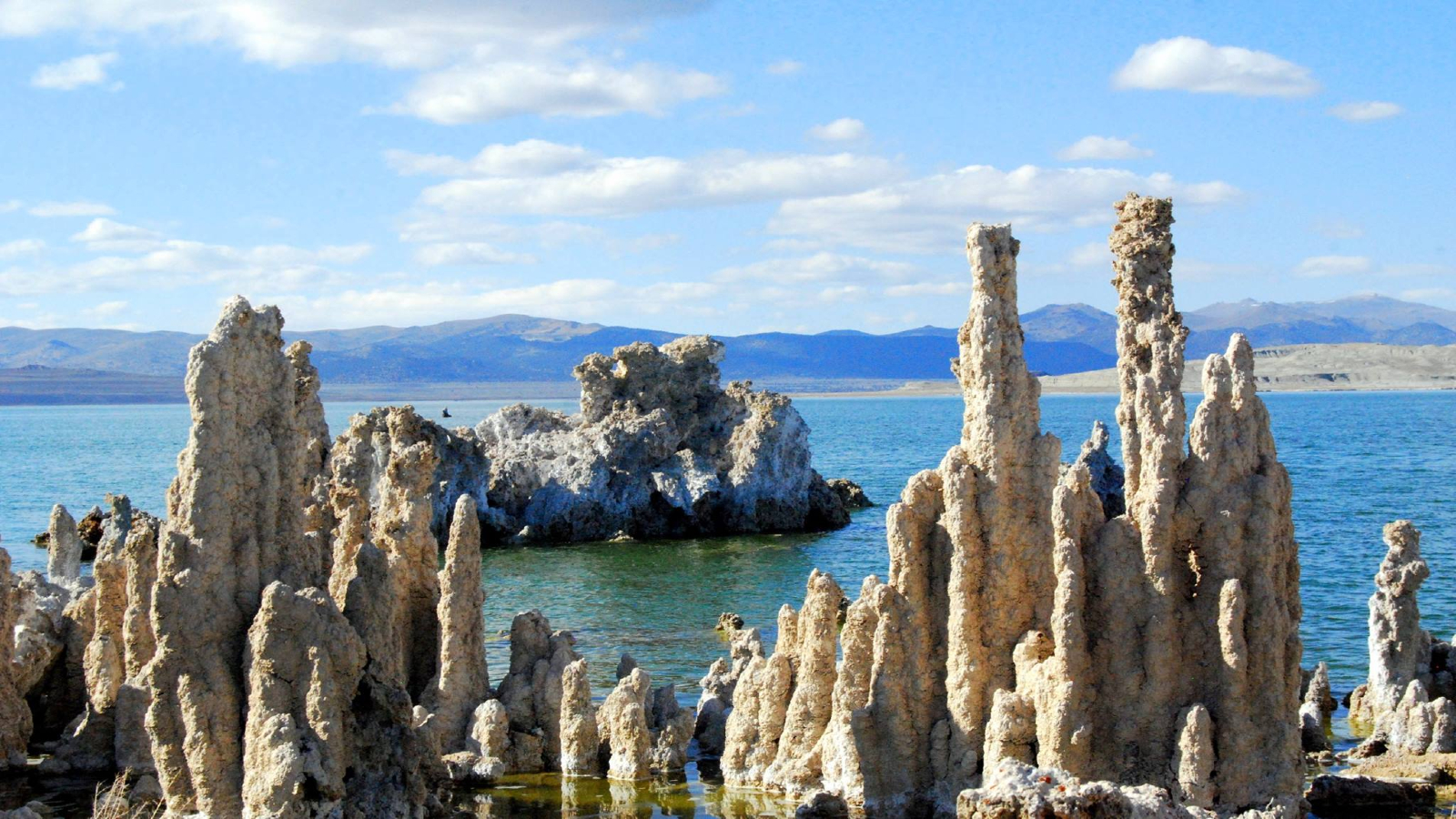
China's first moon rover is dead after a record-setting 31 months on the lunar surface.
The Yutu rover — the first robot to roll across the moon since the Soviet Union's Lunokhod 2 rover in the early 1970s — has ceased operations, Chinese officials announced last week, according to the state-run Xinhua news agency.
Yutu touched down in December 2013 as part of China's Chang'e 3 moon mission, which also delivered a stationary lander to the lunar surface. The rover, whose name translates as "Jade Rabbit," was originally supposed to operate for just three months, but ended up working for more than 2 1/2 years — a new record for a lunar rover. (The Soviet Union's Lunokhod 1 rover held the old mark of 11 months, according to Xinhua.)
Yutu was not at full strength for the vast majority of its time on the moon, however. The rover covered just 374 feet (114 meters) on the lunar surface before a glitch ended its travels in January 2014. Chinese officials declared Yutu dead in February of that year, but the robot came back to life shortly thereafter.
For months afterward, Yutu continued to take pictures and gather data at its final resting place, using its three main scientific instruments. And the rover had been in regular contact with its handlers until its official demise, Xinhua reported.
Yutu discovered a new kind of moon rock, and the rover's observations have helped scientists better understand the history of lunar volcanism. The robot also served as a technology demonstration, helping pave the way for future Chinese moon missions.
The nation has big lunar ambitions. China plans to launch a robotic sample-return mission and another lunar rover in the next few years, for example, and it aims to put astronauts on the moon by the mid-2030s, officials have said.
Breaking space news, the latest updates on rocket launches, skywatching events and more!
Follow Mike Wall on Twitter @michaeldwall and Google+. Follow us @Spacedotcom, Facebook or Google+. Originally published on Space.com.
Join our Space Forums to keep talking space on the latest missions, night sky and more! And if you have a news tip, correction or comment, let us know at: community@space.com.

Michael Wall is a Senior Space Writer with Space.com and joined the team in 2010. He primarily covers exoplanets, spaceflight and military space, but has been known to dabble in the space art beat. His book about the search for alien life, "Out There," was published on Nov. 13, 2018. Before becoming a science writer, Michael worked as a herpetologist and wildlife biologist. He has a Ph.D. in evolutionary biology from the University of Sydney, Australia, a bachelor's degree from the University of Arizona, and a graduate certificate in science writing from the University of California, Santa Cruz. To find out what his latest project is, you can follow Michael on Twitter.
